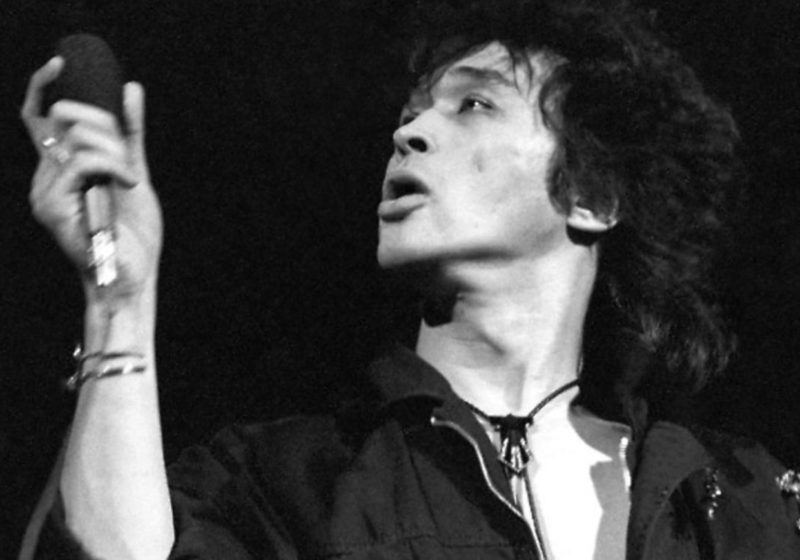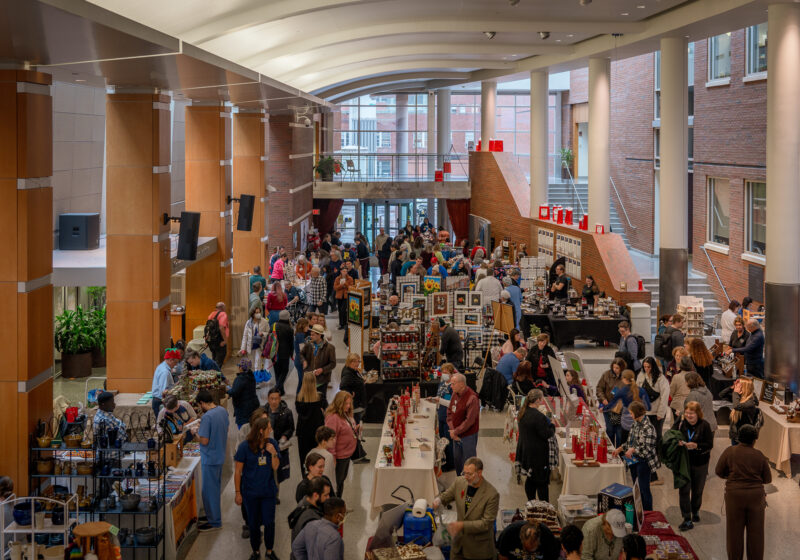3.5/5 stars
The following review is from a screening held at Tsoifest 2022.
In the programme for Tsoifest, the film “Yahha”’ is described as an 1986 experimental documentary from then Moscow Film School student Rachid Nougmanov. However, before the film screening, Nougmanov decided to correct the programme, saying that it was not a documentary fully set in reality. The film, he claimed, was much more of a work of experimentalism within the late Soviet rock scene that contains elements of a documentary. When watching this film, I realized that the perfect way to say what this film is in between, but not fully, in the states of narrative film, documentary, or even experimentalism.
At this point, I would usually be writing the plot to the film I’ve viewed. But in this case, I don’t really know how to fully describe what happens in a movie that doesn’t have that much conflict or fully developed characters. So I’ve decided to write what was in the Tsoifest programme: “‘Yahha’ is a whimsical, atmospheric look into the day in the life of the underground rock music scene in Gorbachev-era Leningrad. The documentary follows a group of young music fans on a kaleidoscopic journey that includes a performance in a boiler room, a raucous punk wedding, and irreverent street banter, all the while capturing the freewheeling spirit of a budding youth subculture on the cusp of sociopolitical shift.”
If you were looking for a documentary which would give you explicit information on what occurred in the late-Soviet rock music scene and during Perestroika, then this film won’t answer any of your questions explicitly. The film, however, will capture the feeling of living in Leningrad as a part of the underground rock that these youths were listening to. What definitely does the job is its cinematography, that is handheld and is placed within the action of these people. However, it does blur the line between fiction and reality. Some shots seem to be staged as if it were a narrative film, while in others, you can see the people in the film look directly into the camera and even make faces at it, as if a character is playing with the camera on the street. Nougmanov claimed that he hired four cameramen from the Moscow Film School to go to Leningrad to shoot the film, and the fresh and pragmatic shots reflect that choice. It is reminiscent of Godard’s “Breathless” (which Rachid has said is an influence on his work).
One aspect of film that I don’t usually examine in my reviews is the sound, despite how important that element of production is to contemporary films. But one aspect that was obvious at the screening was how scenes are either silent, or rely on Foley and ADR, which are processes that involve adding sound and dialogue post-production. At the Q&A session, Rachid explained that this was due to the extremely limited budget and equipment available for sound from their principal photography. . But this could be described as a “happy accident” for the film, as it allows for the feeling of the characters living in a state of limbo that occurred before the time of Perestroika. It also allows for a pretty memorable wedding scene that plays out like a silent film from the 1920s or 30s and includes dialogue cards that are reminiscent of a Chaplin film.
The performances in the film can be judged by how natural the actors are in front of the camera. I say this because Nugmanov claimed that, similar to Cinéma Vérité and Italian Neorealism, he hired mainly nonprofessional actors in Leningrad to just play themselves. Based on what I saw, they seemed to play themselves in a genuine way. This makes you unsure if they are really acting. When viewed in tandem with the cinematography, the acting choices raise the question of if what we’re watching is real or fake. But beyond that, the performances help us realize that during this era, the Soviet rock scene, unlike the US rock scene,was centered around enjoyment, not socio-political protest. Without the effortlessness of the actors, you wouldn’t be able to see that the Soviet youth sought out this music to find common ground with their peers and just have fun.
The first night of Tsoifest, a cover band by the name of Kino Proby performed covers from Kino, the band that Soviet rock star Viktor Tsoi performed with. It could be considered an unique experience, on account of the fact that I do not speak Russian in any way, shape, or form, so most of my enjoyment was derived from the loud instrumentals. I realized that experience was the perfect way to sum up my viewing of “Yahha”: I didn’t fully understand it, but I could feel it.
Special Thanks to Rita Safariants (Associate Professor of Russian in the Department of Modern Languages and Literature), and her course FMST 221: Russian Cinema After the Fall.





